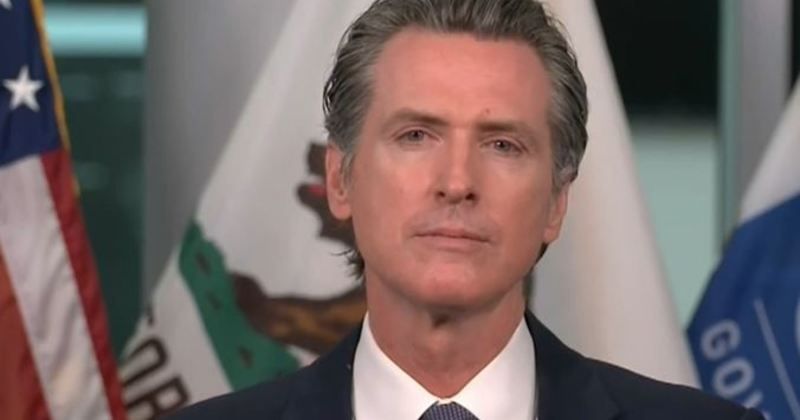The European Parliament approved legislation Tuesday that will ban the sale of new gas-powered cars in the European Union after 2035.
The new legislation mandates that all passenger cars and light commercial vehicles sold in the 27 member countries of the European Union (E. U.) have zero carbon dioxide emissions by 2035, a requirement which will effectively ban the sale of new gasoline-powered vehicles in the bloc, Reuters reported. The E.U.’s new rules come months after the U.S. states of California and Washington announced similar bans in August 2022 on new gas-powered vehicle sales after 2035, a target that president John Bozzella of the Alliance for Automotive Innovation, a international automotive lobbying group, said would be “extremely challenging” to meet, and dependent on “external factors” in the broader economy like inflation and availability of key minerals.
“This regulation encourages the production of zero- and low-emission vehicles,” Parliament member Jan Huitem of the Netherlands, a member of the Renew Europe Group, a self-described centrist party committed to European unification, said in the E. U.’s press release. “It contains an ambitious revision of the targets for 2030 and a zero-emission target for 2035, which is crucial to reach climate neutrality by 2050. These targets create clarity for the car industry and stimulate innovation and investments for car manufacturers.”
En route to an outright ban of gas-powered cars, new cars sold in 2030 will have to hit a 55% reduction in emissions compared to 2021, according to the new E. U. law. The law follows an October deal between the European Council, which represents European heads of state and the European Parliament to implement regulations that require new cars sold after 2035 to be emissions free.
This is an excerpt only. Read the full story here.
 Telegram is where we really talk. Don't miss out!
Telegram is where we really talk. Don't miss out!






